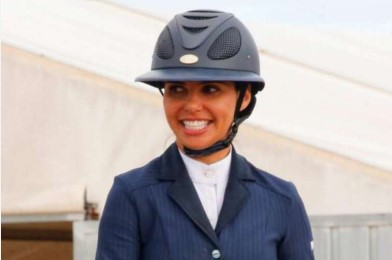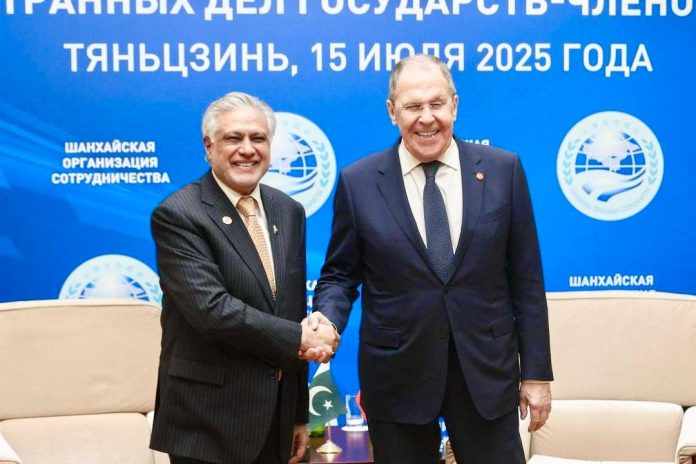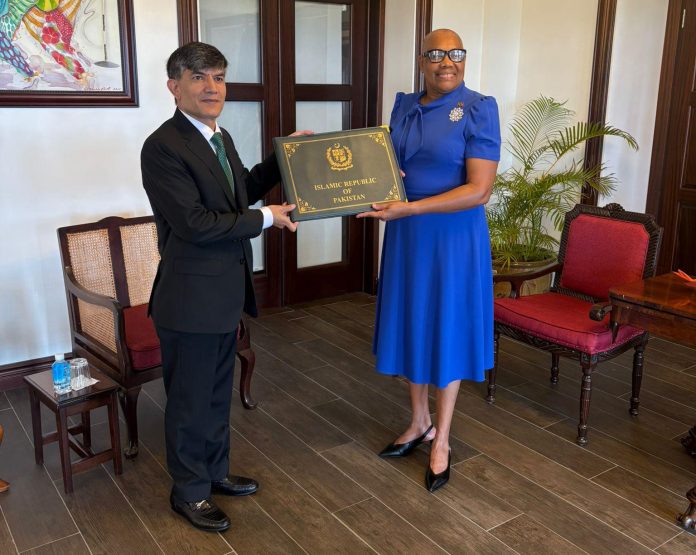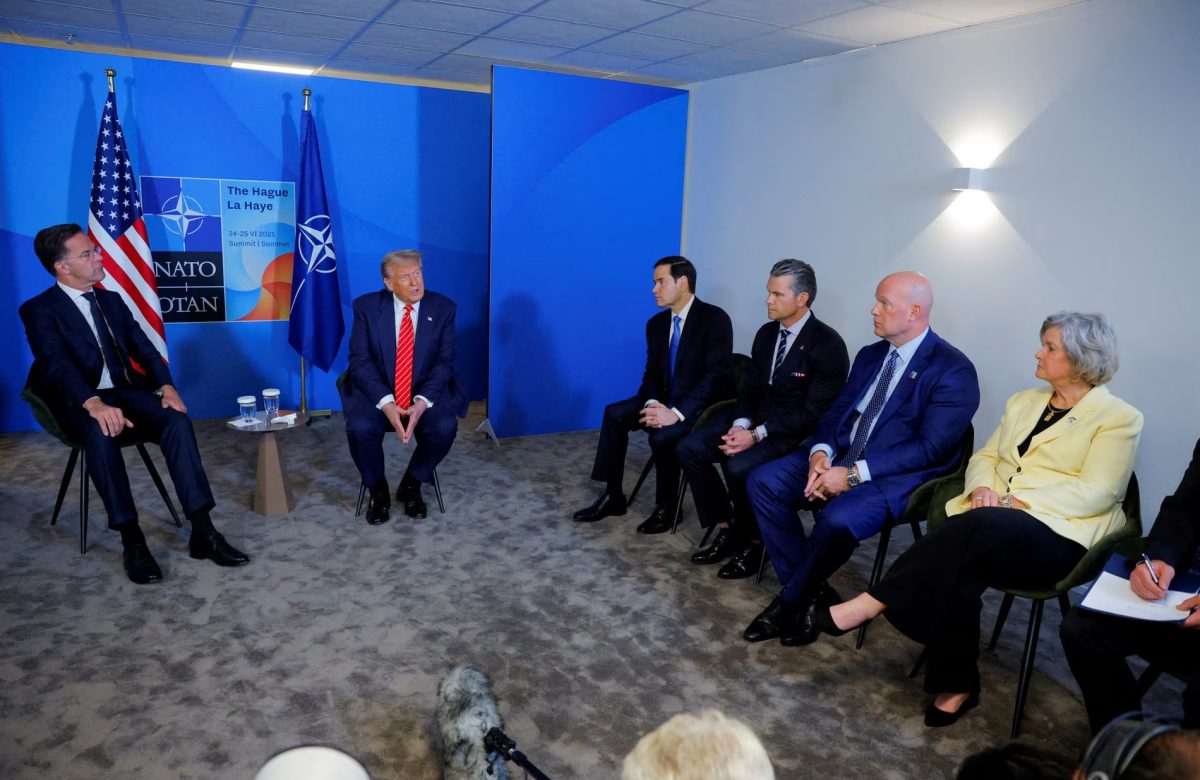
U.S. Lifts Sanctions on Karina Rotenberg While Expanding Restrictions on Russian Entities
- World News
- April 2, 2025
- No Comment
U.S. Lifts Sanctions on Karina Rotenberg While Expanding Restrictions on Russian Entities
The United States has officially removed sanctions on Karina Rotenberg, the wife of Russian billionaire Boris Rotenberg, a close associate of President Vladimir Putin. The decision, announced by the U.S. Treasury Department’s Office of Foreign Assets Control (OFAC), takes her off the Specially Designated Nationals (SDN) list, where she was placed in March 2022 in response to Russia’s invasion of Ukraine.
Reports suggest that Karina Rotenberg has held U.S. citizenship since at least 2013. Despite sanctions, she has maintained an active presence internationally. Last year, she was seen vacationing at a high-end resort in France, as reported by independent Russian media. Additionally, she leads the Moscow Equestrian Federation, managing exclusive European stables and owning at least 24 prized horses, some valued at nearly €900,000.
Investigations indicate that Karina Rotenberg played a key role in managing her husband’s financial affairs, securing loans through foreign branches of Russian banks before sanctions were imposed. She also holds a 50% share in Boris Rotenberg’s extensive Western real estate portfolio, which includes a 30-hectare estate in France, valued at €17 million in 2014. Their combined property assets in Monaco and France exceed €60 million.
U.S. Introduces Fresh Sanctions on Russian Individuals and Firms
While removing Karina Rotenberg from its blacklist, the U.S. simultaneously expanded its sanctions on Russian individuals and businesses. The new list includes:
- Yuri Belyakov and Vyacheslav Vidanov
- Russian-flagged bulk carrier AM Theseus
In a separate move, the European Union (EU) lifted sanctions on Dmitry Pumpyansky, the billionaire founder of the Pipe Metallurgical Company, along with his wife and son. The family had been under EU restrictions for three years.
These developments reflect ongoing adjustments in international sanctions policies, as global powers navigate complex diplomatic and economic challenges amid the ongoing Russia-Ukraine conflict.







